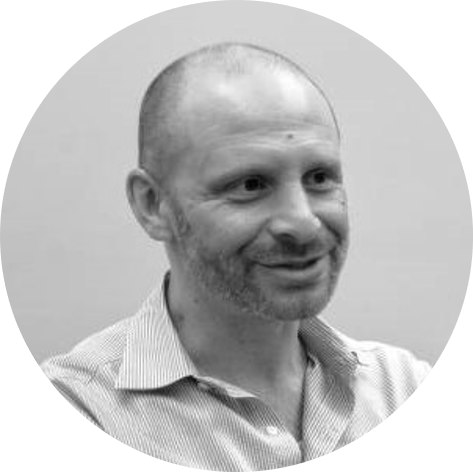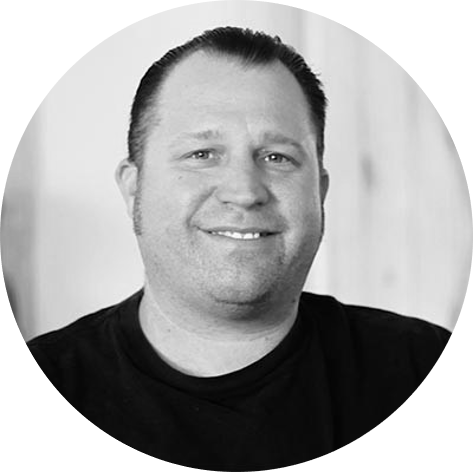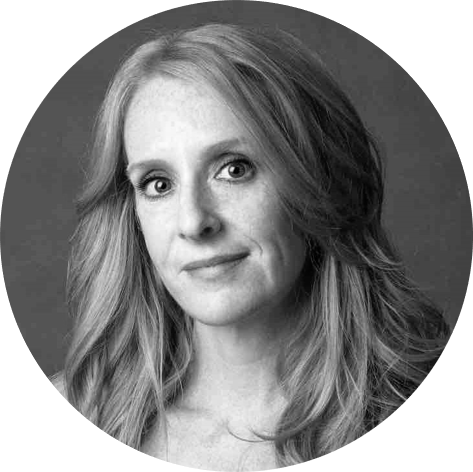ABOUT US
Mindfulness
We acknowledge the efficacy of first-person direct experience allowing for an open and honest exploration of the possibilities of our own embodied and shared humanity.
Psychology
We recognize the advancements, and the wisdom that has arisen as a result of historical and current understandings the of mind and body within various fields of psychology.
Therapeutic Modalities
We recognize the ongoing advancements in clinical psychology. We value the beneficial outcomes that transpire in ongoing therapeutic relations.
Nature Based
Naturalistic observation is the hallmark of scientific inquiry and contemplative practices. We value the role of nature in all our programs.
GOALS
Educate and provide evidence-based theory and instruction in the practice of mindfulness for the development of emotional and psychological health and well-being.
Implement and develop educational material for the pubic concerning the necessity for psychological and emotional health. We focus on mindfulness practice, emotional intelligence, trauma resolution and addiction recovery.
Develop and create online classes and trainings. Provide in-person retreats and workshops.
Integrate nature-based programs to enhance Mindfulness and well-being by connecting individuals with the outdoors in a range of contexts.
MISSION
The mission of the Secular Dharma Foundation (501c) is to foster the advancement of emotional and psychological well-being through the education and integration of mindfulness, psychology, nature-based programming, and various therapeutic modalities. We provide educational tools and resources, mindfulness and emotional skills training through online programs, podcasts, trainings, and retreats.
WHO WE ARE





Shannon Smith began practicing the Dharma in 2004. Over the last decade she has been sitting and studying in the Theravada tradition integrating Dharma Practice and addiction recovery practices resulting in more than 25 years of sobriety. In 2014, she stepped out of a long and successful career to have her first son and to become a Co-Founder to a Buddhist-based Recovery Treatment Center working with recovering addicts and their families. During this time, she also graduated from a four-year teacher training program with Against the Stream Buddhist Meditation Society. Currently, she has relocated to Paonia Colorado to focus on cultivating a more sustainable lifestyle with her husband and two sons. Shannon has taught meditation, led Recovery groups and co-facilitated Year-to-Live groups since 2008. She founded the Secular Dharma Foundation with Dave Smith.
SECULAR DHARMA

What is secular dharma?
A secular perspective is one that is concerned with the world in which we live, here and now. Secularity has no allegiance to any religious, spiritual, or political point of view. The primary emphasis is the study and promotion of human welfare and human flourishing through material means, psychological and emotional health and serving the greater good as its primary duty and ultimate concern.
The study, practice, and integration of dharma is the process of understanding how things come to be, and how to develop a constructive relationship with what happens. We acknowledge that any person can cultivate the contemplative tools needed to develop unshakable inner resources for well-being, health, and happiness. Our theory of dharma is drawn from the early Buddhist tradition as found within the teachings of the Pali canon. We utilize a secular approach to Buddhist texts by seeking to understand the social, historical, psychological, and ethical implications of these ideas rather than literal interpretations or strict adherence to any particular set of views, traditions or dogmas. Openness, tolerance, and continued dialog are our core principles.
